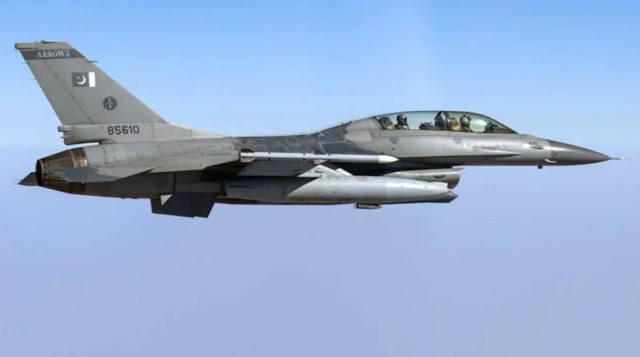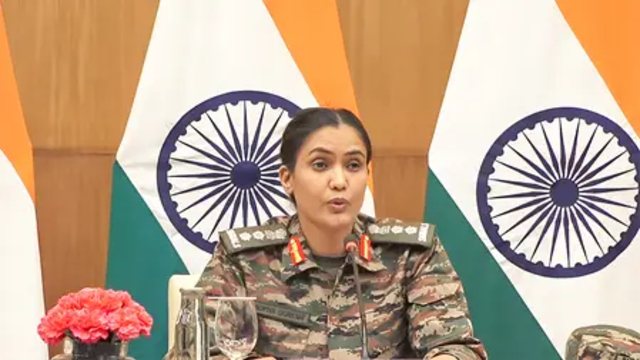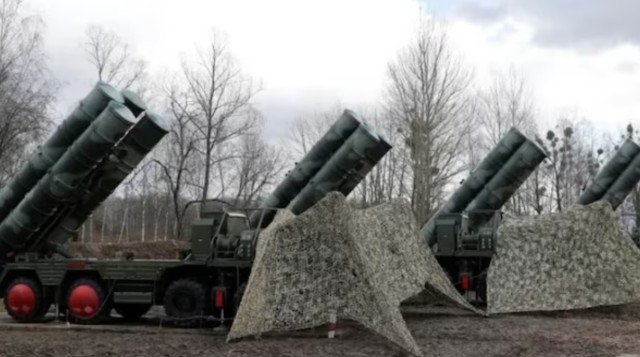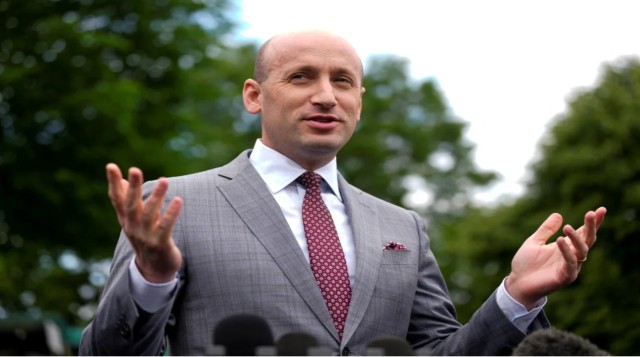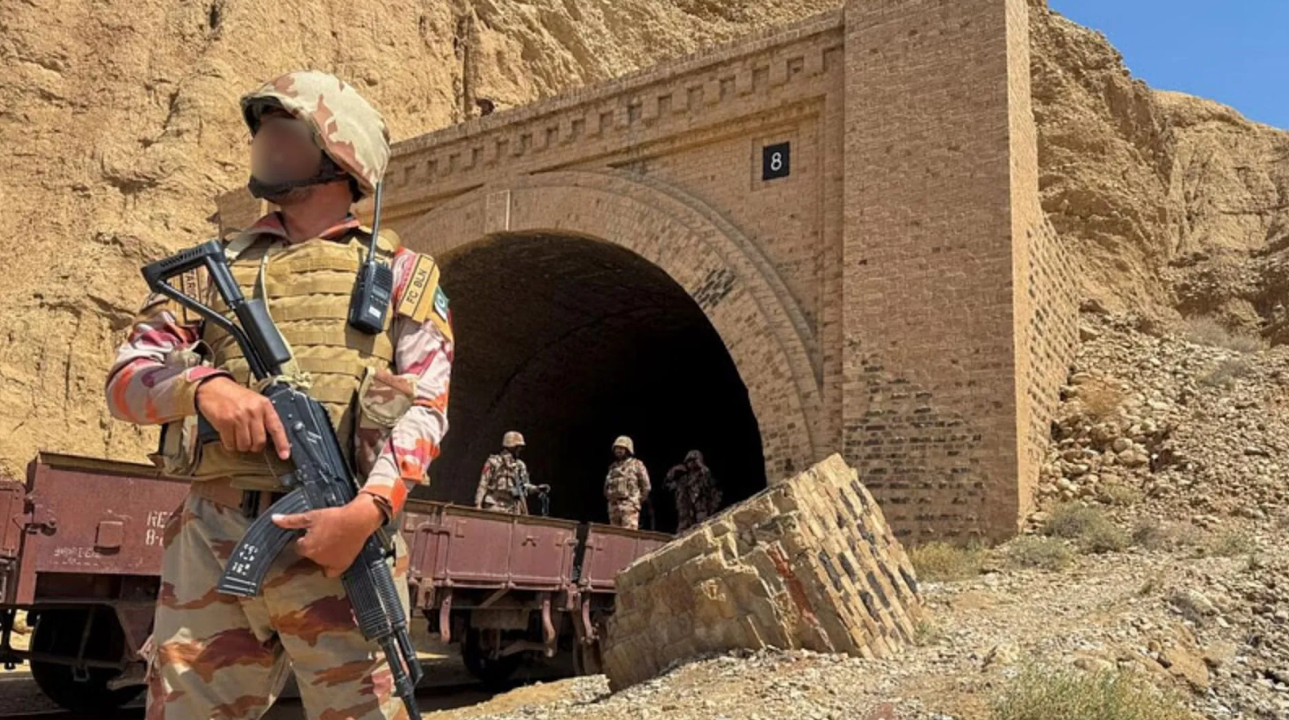
J&K CM Omar Abdullah (R) slammed the IMF, while Pakistan PM Shehbaz Sharif (L) said India's attempts failed. (File photos)
The International Monetary Fund (IMF) has approved a $1 billion loan for Pakistan. The timing of the decision has sparked controversy, especially amid escalating tensions between Pakistan and India.
Many, including Indian leaders, are questioning the IMF's rationale. Critics argue the funds could worsen the situation in South Asia, rather than help.
A Surprising Move by the IMF Approves $1 Billion Loan to Pakistan
The IMF has allowed the "immediate disbursement" of $1 billion to Pakistan. This is part of a larger $3 billion bailout program. The new funding brings total disbursements under the agreement to approximately $2.1 billion.
The money is aimed at stabilizing Pakistan’s fragile economy. However, the decision is facing criticism over security concerns raised by India.
India Raises Red Flags
India had strongly objected to the approval of these funds. Officials in New Delhi cited concerns that Pakistan could misuse the money. Specifically, there were fears it might be used to fund cross-border terrorism or military operations.
India also opposed another $1.3 billion under a new sustainability program. The country even abstained from voting during the IMF’s board meeting on the matter.
Despite these objections, the IMF went ahead and approved the funding.
Omar Abdullah Speaks Out
One of the strongest reactions came from Jammu and Kashmir’s former Chief Minister, Omar Abdullah. He posted his frustration on social media platform X (formerly Twitter).
“I’m not sure how the international community thinks this will reduce tensions,” he said. Abdullah pointed out that while India faces attacks in regions like Poonch and Uri, Pakistan continues to receive international financial support.
His post reflected the sentiments of many who see the loan as a reward for destabilizing behaviour.
Canada's Strategic Interest
Canada has deep diplomatic and trade ties with both India and Pakistan. A peaceful South Asia is in Canada’s best interest, especially with its large South Asian diaspora.
Additionally, Canadian taxpayers contribute to IMF resources through international financial commitments. The allocation of those funds matters—especially when geopolitical risks are involved.
Pakistan’s Response and Relief
In Pakistan, Prime Minister Shehbaz Sharif welcomed the loan approval. His office said the IMF's decision was a win for the country’s economy and a blow to India’s attempts to block the funding.
Sharif reportedly expressed satisfaction that “India’s high-handed tactics” did not succeed in halting the financial support.
Ongoing Attacks Raise Alarm
Adding to the tension, the IMF’s decision came as Pakistan reportedly launched drones and missiles at Indian territory. These strikes targeted military installations in western Indian regions for the third straight night. India sees these actions as a threat to regional peace. Critics question the logic of giving financial aid to a country involved in such military aggression.
Is the IMF Turning a Blind Eye?
The IMF's move raises concerns about accountability. Should global financial institutions give bailouts to countries engaged in conflict? Many, including policymakers and citizens, are unsure.
While Pakistan claims the money will help its economy, critics fear it might fund further hostility. For countries like Canada—committed to peace and responsible global leadership—this is an issue worth watching closely.
The Bigger Picture
The IMF’s decision is more than a financial update—it’s a geopolitical flashpoint. With the ongoing India-Pakistan conflict, such financial moves can have lasting global consequences.
As tensions rise, the world—Canada included—must ask whether such loans promote peace or prolong conflict.IMF Approves $1 Billion Loan to Pakistan Amid Rising Tensions With IndiaIMF


